Global Health Unfiltered Blog

Ethiopia Didn't Meet its Trachoma Goal by 2020. Now What?
For those living in southern rural regions of Ethiopia, experiencing excruciating eye pain, resorting to plucking out eyelashes as a means of temporary relief, traveling for kilometers often on foot, and even being sent home with nothing but eyedrops is not the exception of what treatment for trachoma looks like but the norm.

The United States’ intent to leave the World Health Organization: Simple reasons why not to worry
The world is watching. The clock is ticking. This is not the time to stand by while global health is attacked or to undo the significant progress made in the past half a century. It is time to wake up, to ally, to take politically prophylactic steps to ensure this is never repeated. If I have convinced you that I am happy about this situation, I am not. But I have convinced myself that amidst the immeasurable chaos we live in, there is good to come. Wealthier member states should voluntarily increase their contributions to the WHO to ensure it has the necessary resources to respond effectively to existing and new global health crises.
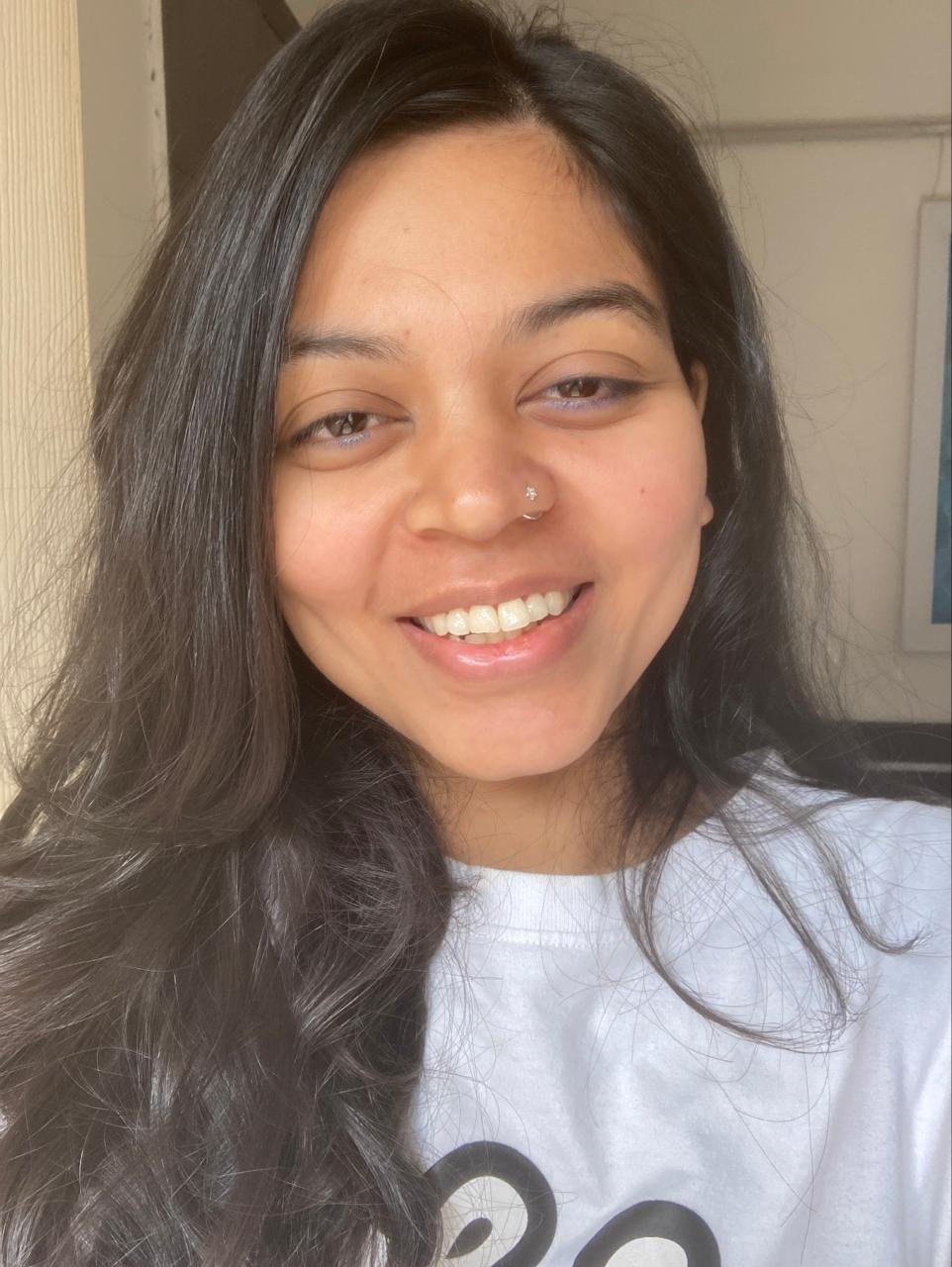
Whose Voice Do I Speak? Walking the Tightrope of Positionality and Gaze in Global Health
It is epistemic injustice when experiences and realities of global south research actors are invisible in mainstream discourses in global health; when the latter have to adopt a language and a persona to fit into the discourse which is in complete denial of their internal realities and experiences.

The Silent Pandemic: Why Non-Communicable Diseases Deserve Global Attention
What if the biggest global health threat wasn’t a virus, but our own lifestyle choices? Non-communicable diseases (NCDs) like heart disease, diabetes, and cancer are responsible for most deaths worldwide, yet they don’t spark the same urgency as infectious outbreaks. As these diseases surge especially in low- and middle-income countries, can we afford to keep ignoring this silent pandemic?
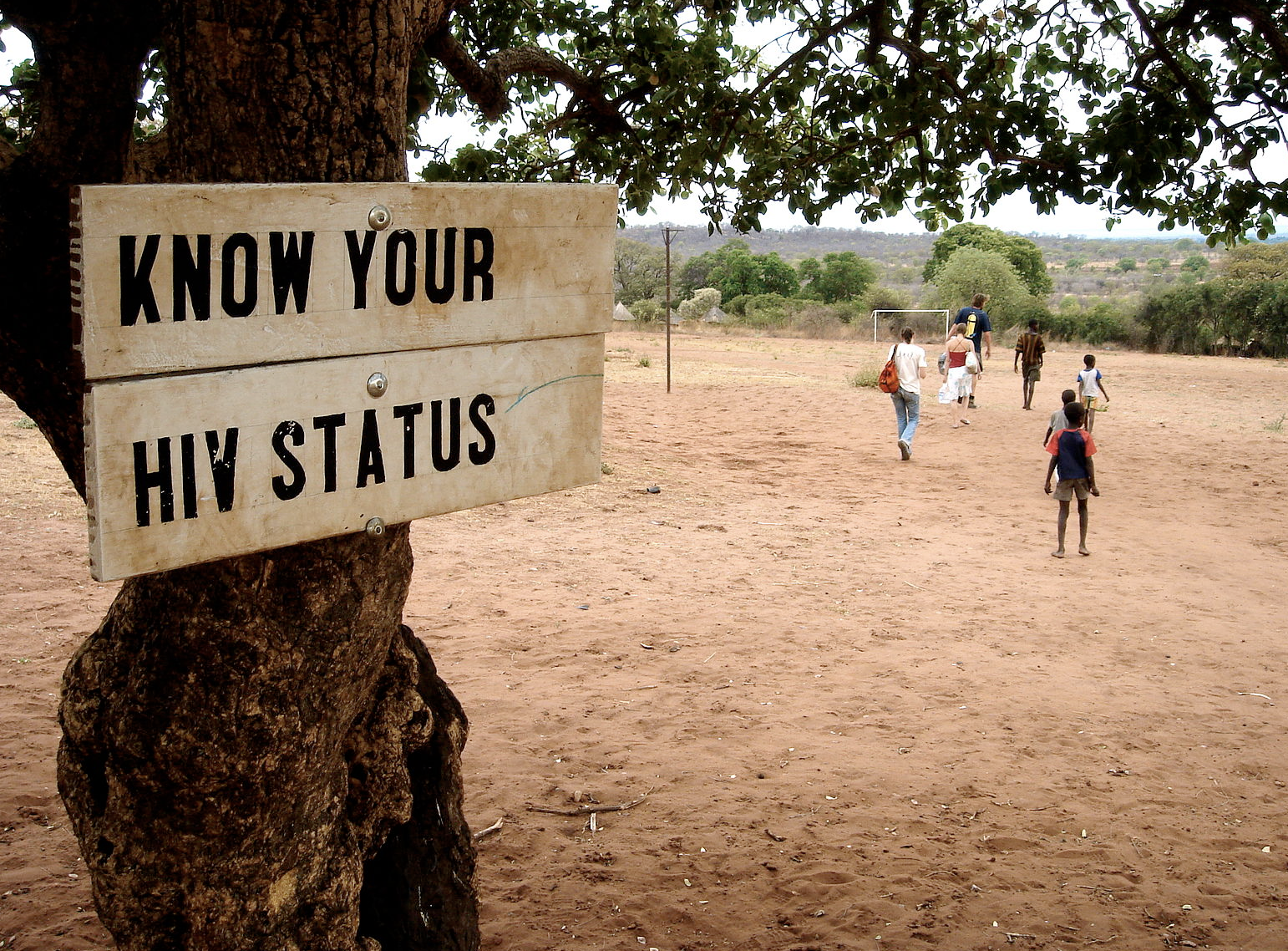
Antiretrovirals as Post-Exposure Prophylaxis: A Lifeline or a Crutch?
The Human Cost of Inequality in the Provision of Neuro-oncological care
Medicine Plus: A Path to 10x Innovation in African Healthcare
“While medicine is to be your vocation, or calling, see to it that you also have an avocation… some intellectual pastime which may serve to keep you in touch with the world of art, of science, or of letters.” These words by Sir William Osler in 1899 resonate profoundly today, especially in the context of African healthcare. The challenges faced by our healthcare systems are enormous, and innovative solutions are desperately needed. One way to foster such innovation is by encouraging medical students to pursue concurrent education in non-medical fields. This interdisciplinary approach can equip future physicians with diverse skills and perspectives, enabling them to propose and implement ideas that improve care for everyone.
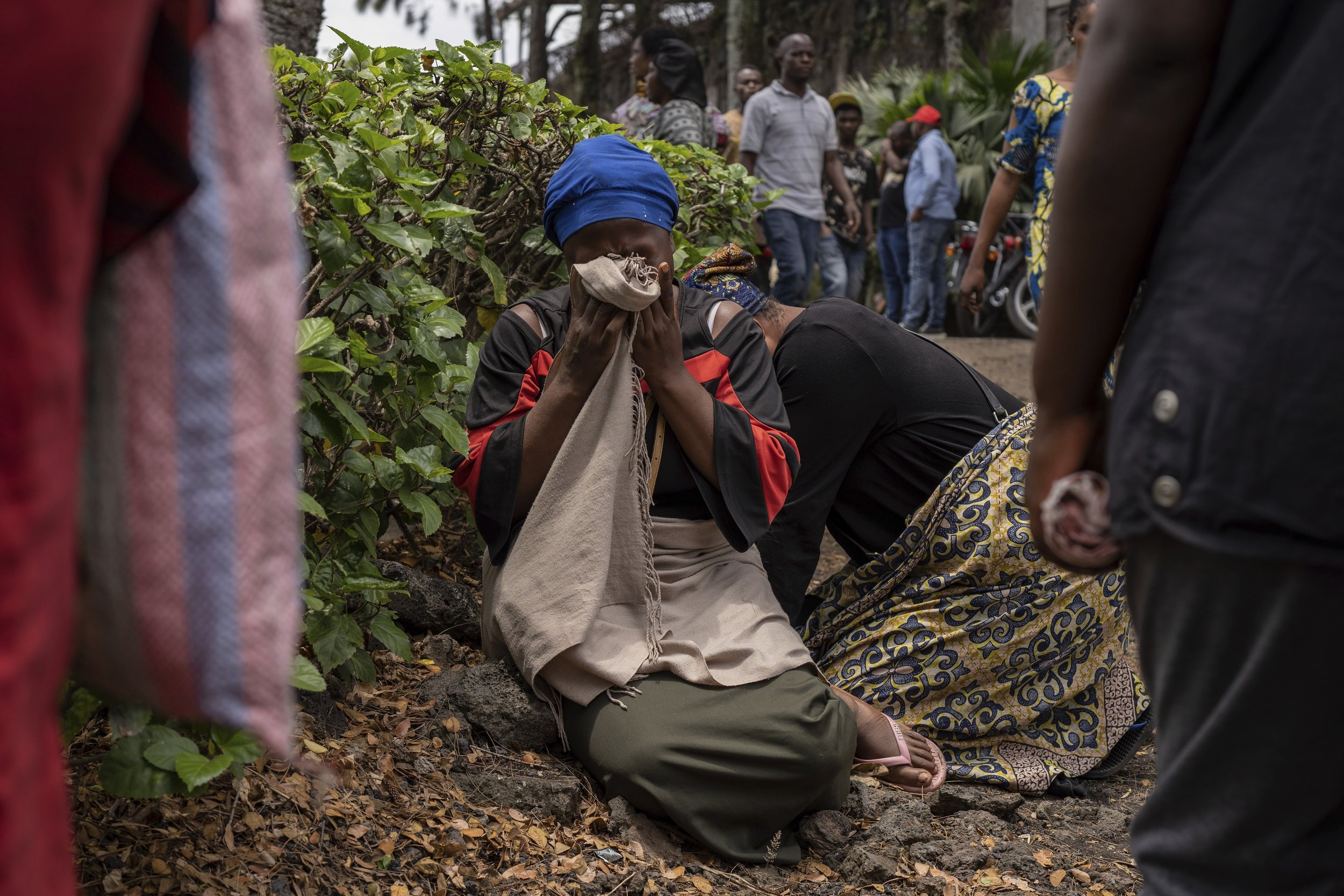
Rising to the Challenge: Ghana’s Healthcare System
The stark reality of Ghana’s healthcare system was brought into sharp focus during a recent encounter. On the 1st of November, I ordered a ride home from the Korlebu Teaching Hospital. Just three minutes into the ride, the air was pierced by the desperate screams of women from the community in front of the hospital. I witnessed a woman, likely a mother, frantically carrying an unconscious young boy, about seven years old, covered in blood.

Navigating Health and Climate Inequities in India: Bridging the Divide
Paradoxically, India’s drive for modernization—factories, vehicles, and construction—fuels the very pollutants poisoning its air. The burden of this pollution disproportionately affects poorer communities near industrial zones, while wealthier neighborhoods enjoy cleaner air and better healthcare access.

The Case for Regulating Philanthrocapitalism: Local Needs and Equity in India and South Africa
Philanthrocapitalism combines philanthropy with business principles, leveraging financial resources and entrepreneurial strategies to address social issues innovatively and sustainably. Prominent examples include the BMGF and Wellcome Trust. While advocates praise its potential for systemic change, critics warn against the undue influence of wealthy donors on social priorities.

Bridging the Global Digital Health Gap
While the work of Zoom and other companies is admirable, as with many innovations, some people get left behind. The healthcare industry is no exception. Before entering the healthcare space, there were already concerns that technologies such as Zoom might be inequitable for individuals who lacked access to the connectivity needed to access such technologies that the company offered.

Lifestyle Diseases – It’s Time for a Rebrand
Non-communicable diseases are a global killer, but do 33 million people a year really choose to get sick?
Heart disease. Cancer. Lung disease. Diabetes. Together, these diseases kill 33 million people a year, and they can all — in one way or another — be linked back to the way we live our lives.

How High Taxes Are Blocking Access to Cancer Care in Africa
Imagine having to choose between life-saving cancer treatment and feeding your family.This is the reality for over 1 million new cancer patients in Africa who spend over 2,300 USD on average for treatment every year. Compare this against an average income of 2,156 USD per capita. As an orthopaedic oncologist, I often resort to older, less effective treatments for my patients because newer options are unaffordable due to high taxes, highlighting the financial strain on our healthcare system. Tax policies on healthcare inputs—such as medical supplies, equipment, and pharmaceuticals—significantly hinder access to cancer care and compromise treatment quality. These policies need urgent reform towards universal health coverage.
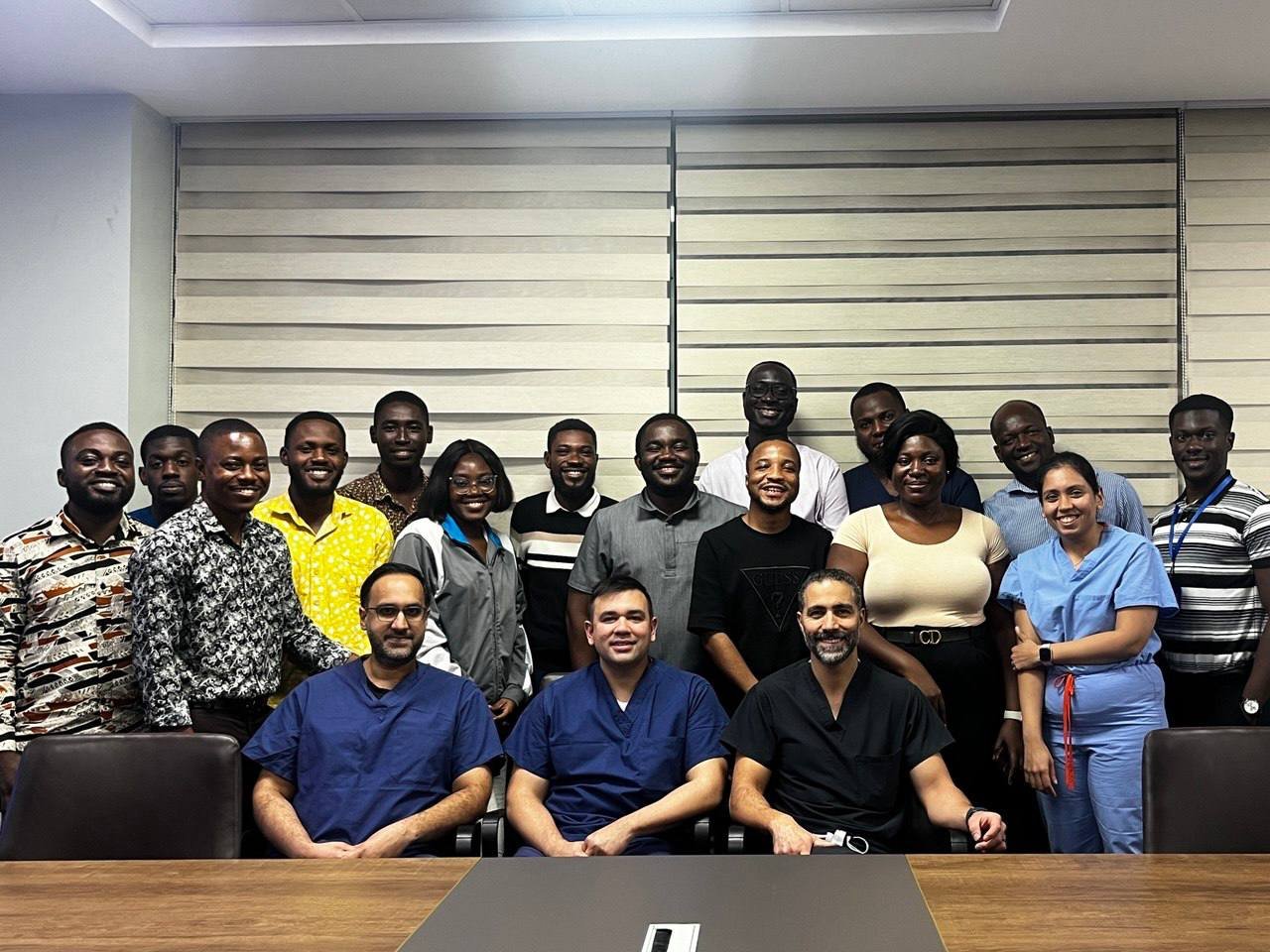
The Power of Partnership: Global Brain Surgery Initiative in Ghana
I had seen and manipulated human brains during my neuroanatomy dissection but this observership was nothing short of transformative. It not only deepened my understanding of neurosurgical procedures but also underscored the critical role of international collaboration in advancing global healthcare.

Why Millions Face a Healthcare System That Falls Short of Its Promise
Imagine a world where the sanctuaries of healing become the silent arenas of suffering. This is not a dystopian fiction but a reality for millions in the developing world, where healthcare facilities, instead of being safe havens, are fraught with hidden dangers. Over 5 million lives are lost each year to the silent epidemic of poor-quality healthcare—an epidemic that claims more lives than HIV, malaria, and diabetes combined. Yet, it remains a shadowy presence, often overlooked in the global health discourse.

A Simple Way to Prevent Birth Defects
Imagine a world where a simple addition to our daily diet could prevent severe birth defects. This is the promise of folic acid fortification, a topic that sparked intense debate at the recent International Society for Paediatric Neurosurgeons Conference in Accra, Ghana. As an aspiring pediatrician, I was thrilled to be part of these crucial conversations.

Why Cameroon Should Take Action Against Hepatitis B
Blake Zuwui's story sheds light on the formidable barriers to Hepatitis care and treatment in Cameroon: the scarcity of testing, the pervasive ignorance about the disease, and the prohibitive costs associated with screening, diagnosis, and care. These obstacles are not insurmountable; they demand targeted solutions and a collective resolve to dismantle them.

A Ticking Time Bomb: The Urgent Need for CPR Training
Emergencies don’t wait. They strike without warning, and our best defense is preparedness. By investing in CPR training, we are not merely teaching a skill but saving lives. It is a matter of public health urgency. Every individual has the potential to be a hero.

The Shadow Pandemic: How Depression Silently Undermines Global Health
Witnessing a suicide sparked by the silent struggle of a neighbor, a woman burdened by an undisclosed depression that ultimately led to her tragic demise. It was a stark reminder that battles, both fierce and silent, can be waged beneath the surface of seemingly ordinary lives.
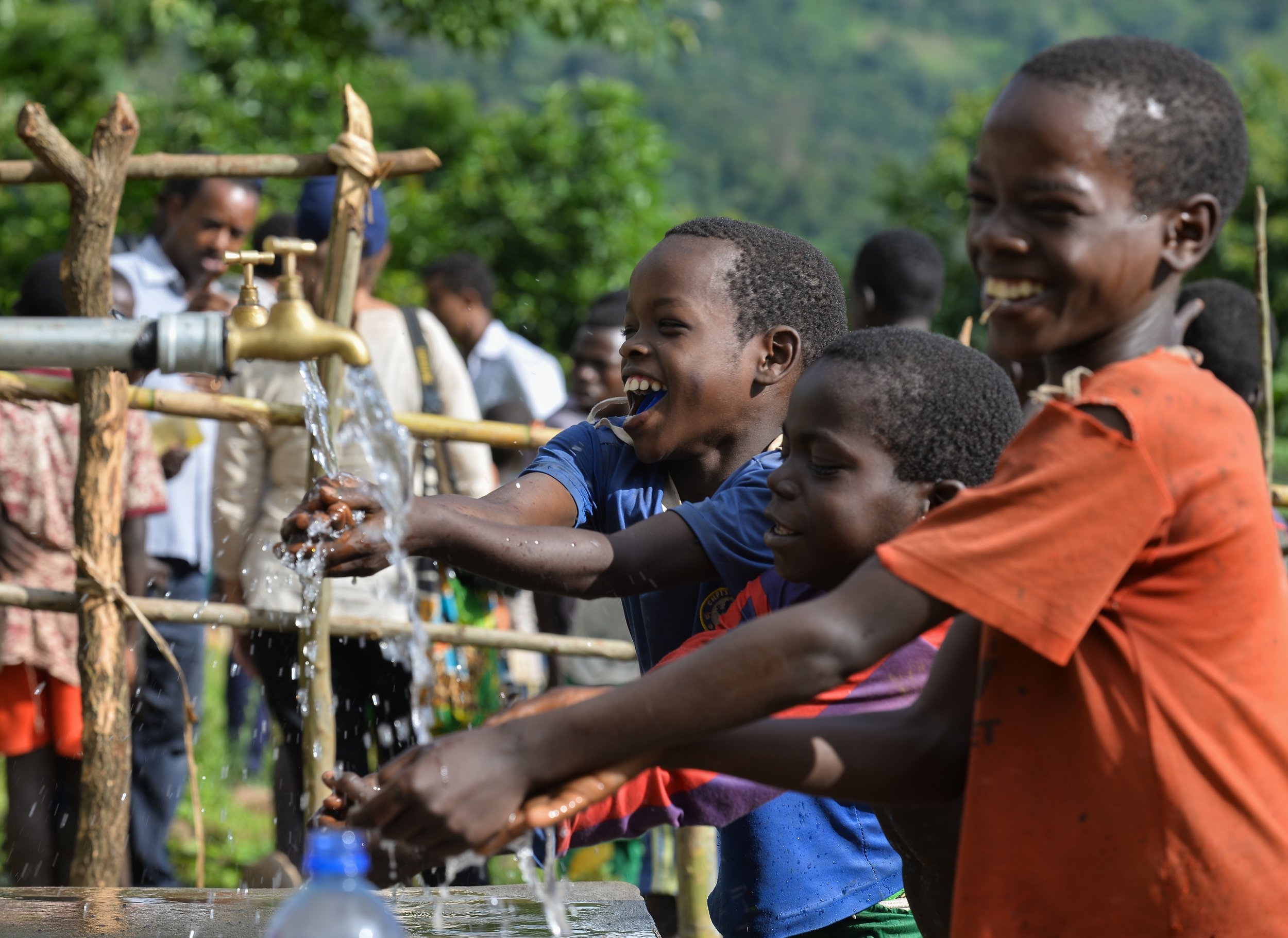
A Drop in the Bucket: Why Clean Water is a Global Crisis Demanding Action
Leonardo da Vinci once said, “Water is the driving force of all nature.” Indeed, water is the lifeblood of our planet, a fundamental resource that sustains every aspect of our existence. Yet, access to safe water remains a global health challenge often overshadowed by other pressing issues.